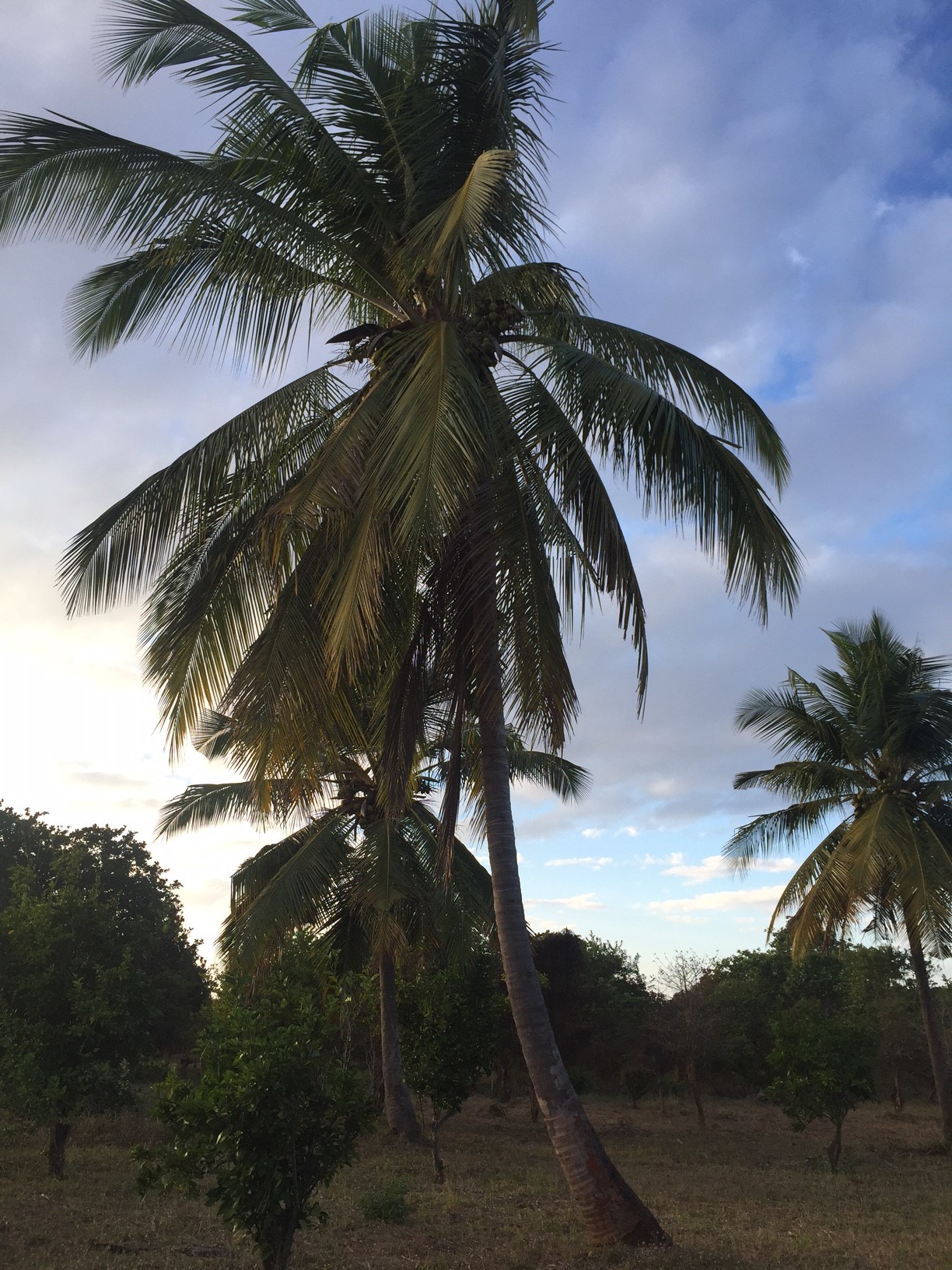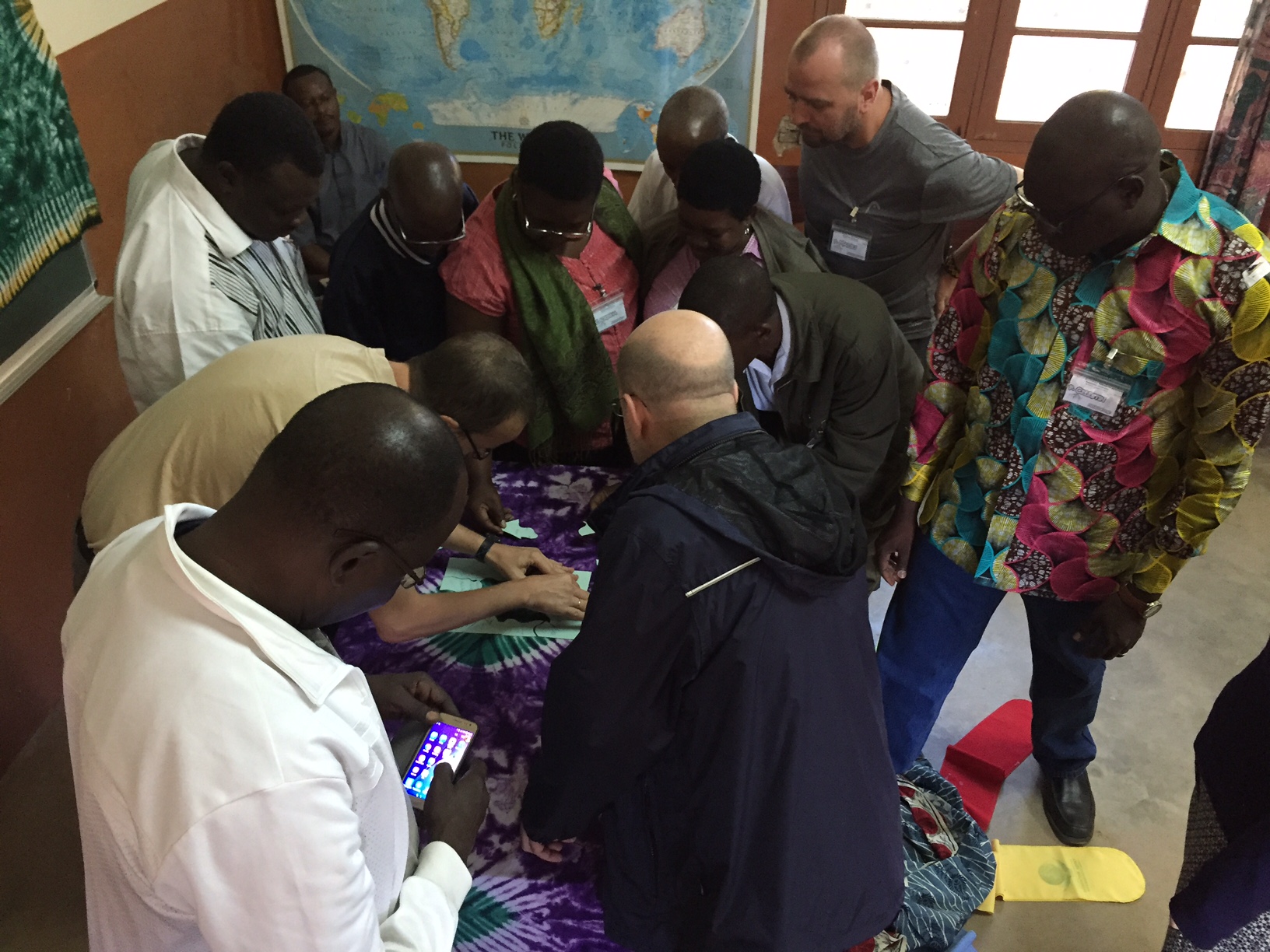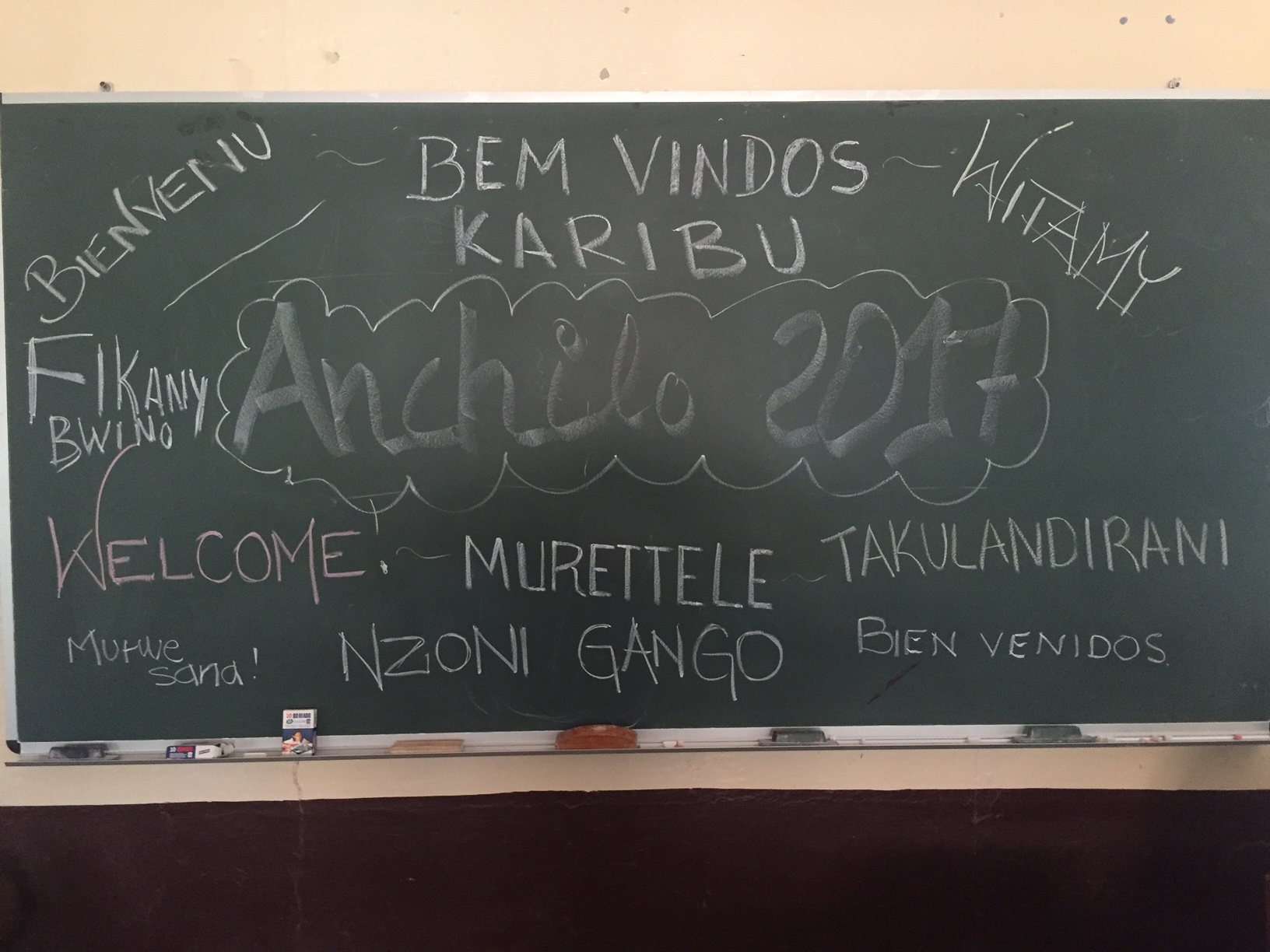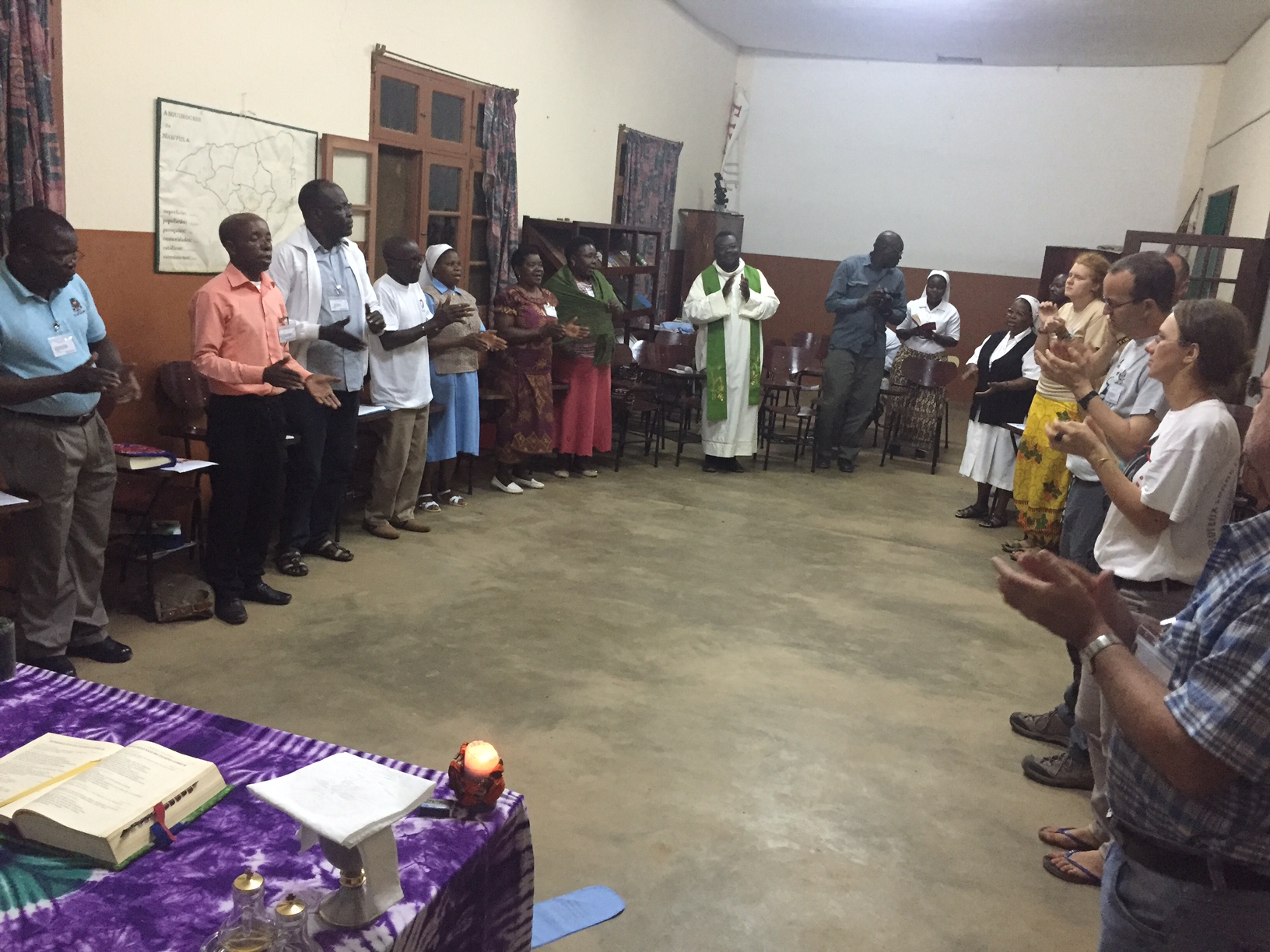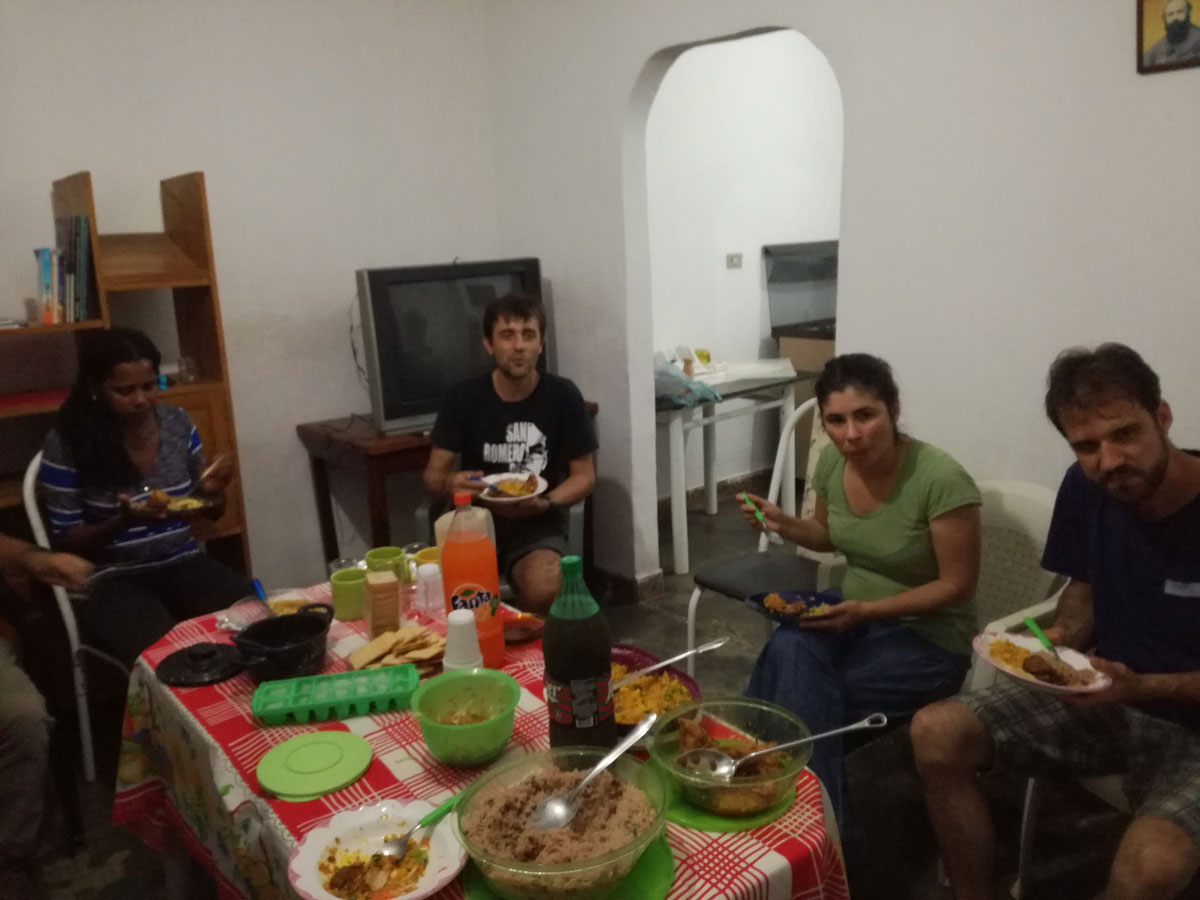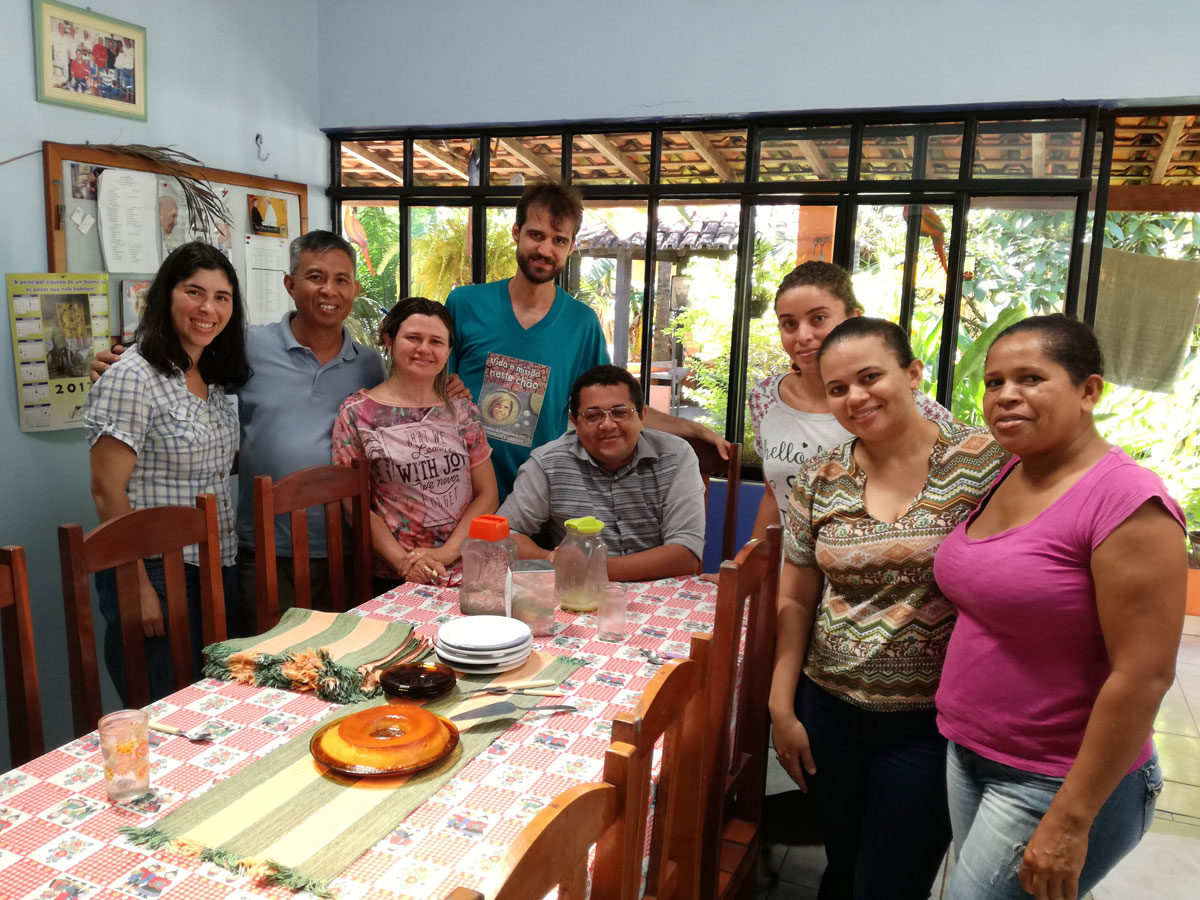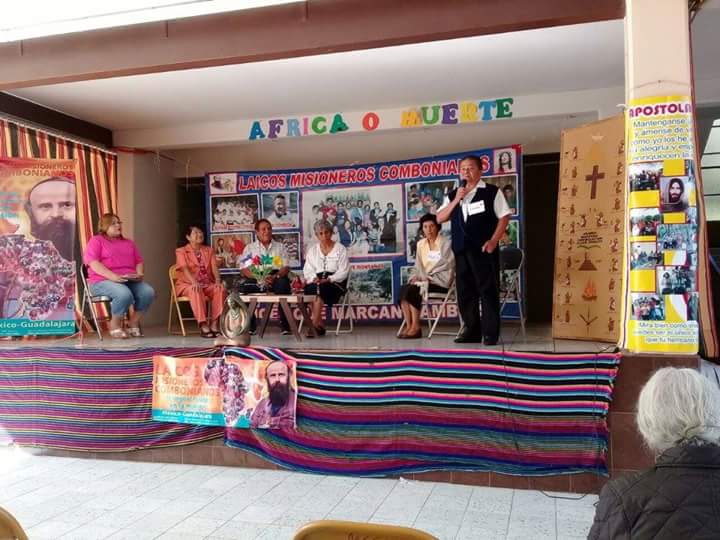
Today, 25 years from the beginning of the CLM in Mexico, we gathered in Sahuayo, Michoacán to start our 19th National Assembly with great joy, faith and enthusiasm that spur us to continue in this vocation, because, as St. Daniel Comboni said, “This work will not die.”
On June 30 we reflected on our commitment to the lay vocation. In this journey, the call is the compass guiding our steps and pointing to the right way, since our vocation is to do what lines up with our passion that, in one way or another, contributes to the building of a better world: to give help and light, to generate wellbeing, to be guides and spread harmony. We all need to find our vocation, because it brings us to enjoy life more. The advice on this matter was: “If you are doing what you have a passion for, keep on doing it even better.” To follow one’s vocation involves getting to know one another and develop our talents. What am I good for? It means to feel called by God, as special people over whom God placed his sight.
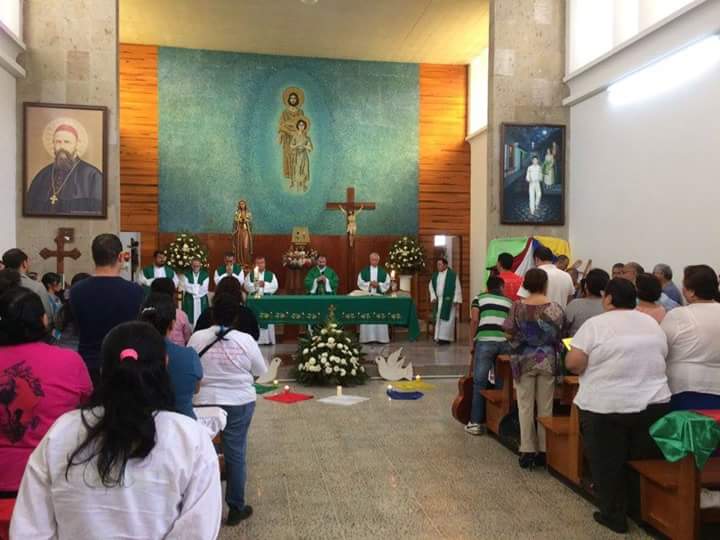
Later, on July 1, we reflected on what must set apart a CLM, and we agreed that the CLM must show a fraternal spirit, act in solidarity and empathy in order to free and walk with the poorest and most abandoned. As for his personality he is a brother who gives confidence, makes you feel part of the family and shares with you sorrows and joys. Even more, he must be loving, generous, and feel the freedom and the joy of serving. In this vocation, not everything is easy, so that even we may not like to stay in it, God wants it and he keeps us going in difficult moments.
Along these same lines, we began to develop a work plan based on the lay missionary experience of the group. In order to progress with this plan it is necessary to observe, to be realistic, to listen and learn from simple things in order to finally to be able to act with patience. Not always can the missionary solve problems, but a process may be started so that there will be change. So, from the work experience among the indigenous communities of Guerrero, we identified these areas of activity: education, employment, nutrition, women’s promotion and inclusion of the disabled.
At the same time, we had the joy of sharing this festive occasion with a group of friends who accompanied us and worked during these days on a life project and reflected on the lay vocation, seeing whether it could be with the CLM. Besides listening to the witness of missionaries, they also took active part in the moments of prayer and celebration.
Finally, the big day arrived, July 2, when we had the opportunity to listen to the missionary testimony of the Mexican CLM who pioneered this work. It was a blessing to enjoy the presence of the Cornejo Castillo family, Olivia Ayala, Martha Navarro and Manuelita Valladares who, by their witness and commitment, left footprints to be followed in this journey.
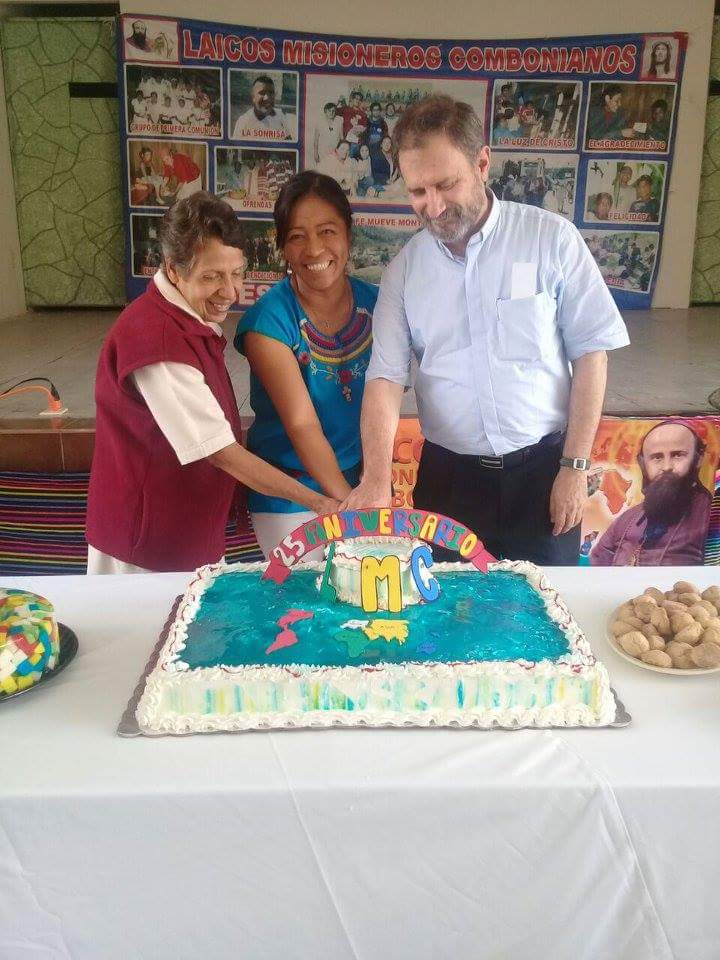 The Thanksgiving Mass was presided over by Fr. Enrique Sánchez, the MCCJ provincial. Without any doubt, it was a very emotional time to say THANKS to all those who have written parts of this history and to those who are still writing it.
The Thanksgiving Mass was presided over by Fr. Enrique Sánchez, the MCCJ provincial. Without any doubt, it was a very emotional time to say THANKS to all those who have written parts of this history and to those who are still writing it.
We are also grateful for the presence of Bro. Joel Cruz, mccj and Fr. Gustavo Covarrubias, mccj currently moderator of the CLM in Mexico, and all those who joined our festivities in prayer and from the heart.
Life is made up of moments. It was in July 1992 that the first formation meeting of the CLM took place, followed by July 1996 when our first CLM Silvia, Pablo, Oli and Ana Luz were assigned to Guatemala. In this same month we have given thanks especially for those who have accepted the missionary call to go to the mission ad gentes.
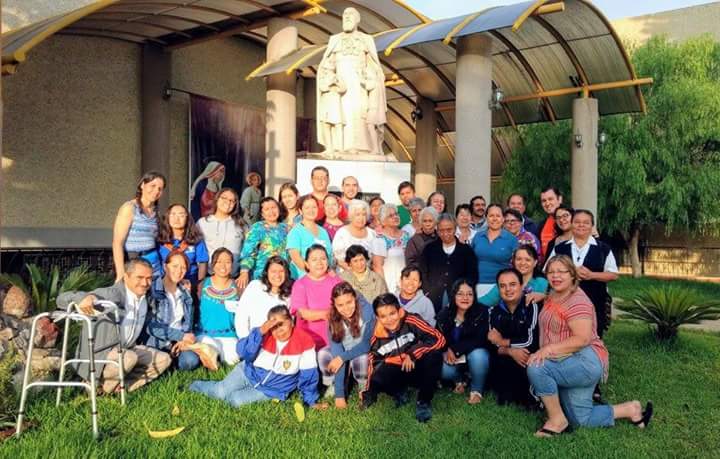
LMC Mexico




